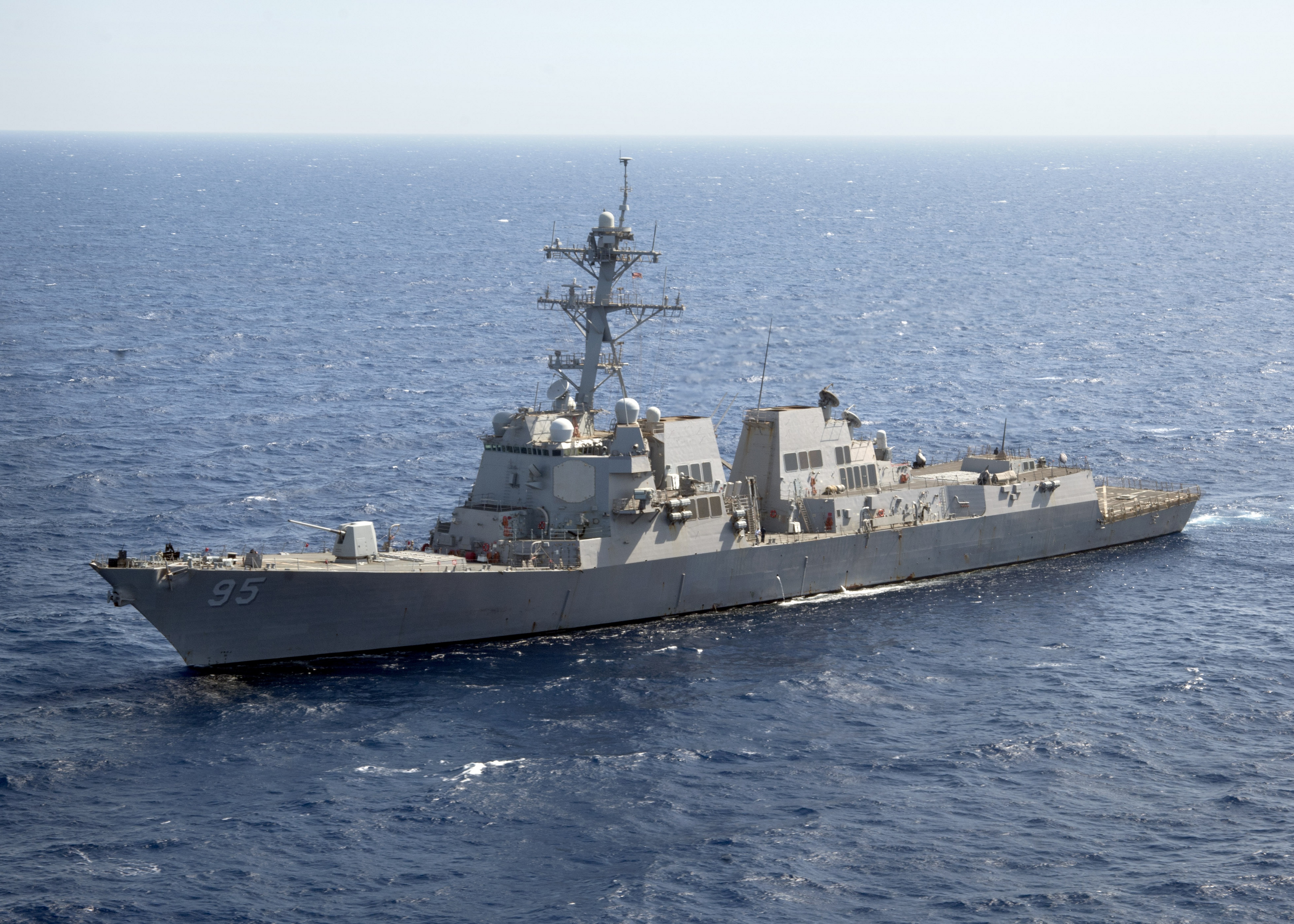
Navigating Conflict: The Unfolding Drama Amid Red Sea Waters
Amid the tranquil waters of the Red Sea, a complex tapestry of conflict has woven its way into the region’s maritime narrative. In this exploration, we delve into the intricacies of the War Amid Red Sea, examining the historical backdrop, key players, and the evolving dynamics that define this maritime struggle.
Historical Undercurrents: Red Sea as a Stage for Conflict
The Red Sea’s historical significance as a conduit for trade and cultural exchange has, at times, transformed into a stage for conflict. Empires and civilizations sought control over its strategic waters, leaving behind a legacy of naval clashes and territorial disputes. The War Amid Red Sea is a contemporary chapter in this long history, adding new dimensions to the region’s complex past.
Contemporary Dynamics: Key Players in Maritime Theater
In the contemporary era, the War Amid Red Sea involves a diverse array of key players, both regional and global. Nations with strategic interests in the Red Sea region engage in geopolitical maneuvers, navigating the waters of influence and control. This conflict weaves together the aspirations and power plays of states seeking dominance in this critical maritime theater.
Naval Strategies: Tactics in the Theater of Conflict
The War Amid Red Sea brings naval strategies to the forefront of conflict dynamics. As nations vie for control, naval forces are deployed with precision and strategic acumen. From blockade tactics to securing crucial chokepoints, the maritime strategies employed in the Red Sea add a layer of complexity to the conflict, reflecting the significance of sea power.
Strategic Chokepoints: Battlegrounds of Influence
The Red Sea’s strategic chokepoints, such as the Bab el Mandeb Strait, emerge as crucial battlegrounds in the War Amid Red Sea. Control over these narrow passages is not merely a matter of maritime strategy but a key determinant of geopolitical influence. The conflicts at these chokepoints highlight the intricate dance of power on the world stage.
Economic Impacts: Disruptions in Global Trade Routes
The War Amid Red Sea has broader economic implications, disrupting global trade routes that traverse its waters. As conflicts unfold, trade disruptions and heightened geopolitical tensions reverberate through the international economic system. The economic impacts extend far beyond the immediate region, affecting global trade patterns and economic stability.
Humanitarian Concerns: Impact on Coastal Communities
Beyond the geopolitical and economic dimensions, the War Amid Red Sea raises serious humanitarian concerns. Coastal communities in the region often bear the brunt of conflict, facing displacement, insecurity, and disruptions to daily life. The human toll of the war adds a poignant layer to the complex narrative unfolding along the Red Sea’s shores.
War Amid Red Sea Link: A Deeper Dive
For those seeking a deeper understanding of the War Amid Red Sea, a more detailed exploration is available here. This link offers additional insights into specific naval strategies, geopolitical developments, and the evolving dynamics of the conflict within the Red Sea.
Global Implications: Ripple Effects on the World Stage
While the War Amid Red Sea is localized in geography, its implications resonate globally. The conflicts and alliances forged in the Red Sea have ripple effects on the world stage, influencing international relations and the balance of power. The intricacies of this maritime struggle contribute to the broader tapestry of geopolitical dynamics.
Towards Resolution: Navigating the Path to Peace
As the War Amid Red Sea persists, the imperative for finding diplomatic solutions becomes increasingly urgent. Navigating the path to peace requires dialogue, cooperation, and a commitment to addressing the root causes of the conflict. Diplomatic initiatives become essential in fostering stability and mitigating the risks associated with the ongoing maritime struggle.
Preserving the Seas: A Call for Responsible Stewardship
In conclusion, the War Amid Red Sea underscores the complex interplay of geopolitical forces and maritime dynamics. Preserving the seas calls for responsible stewardship, where nations work collaboratively to navigate these troubled waters. Only through diplomatic efforts and a commitment to shared stability can the Red Sea become a zone of cooperative maritime endeavors rather than a theater of conflict.
